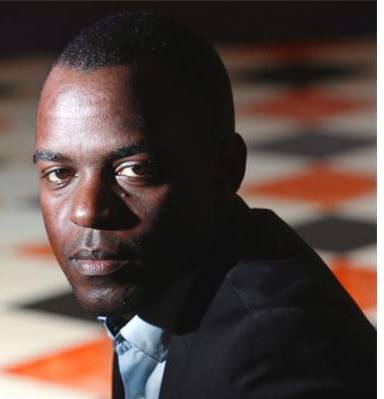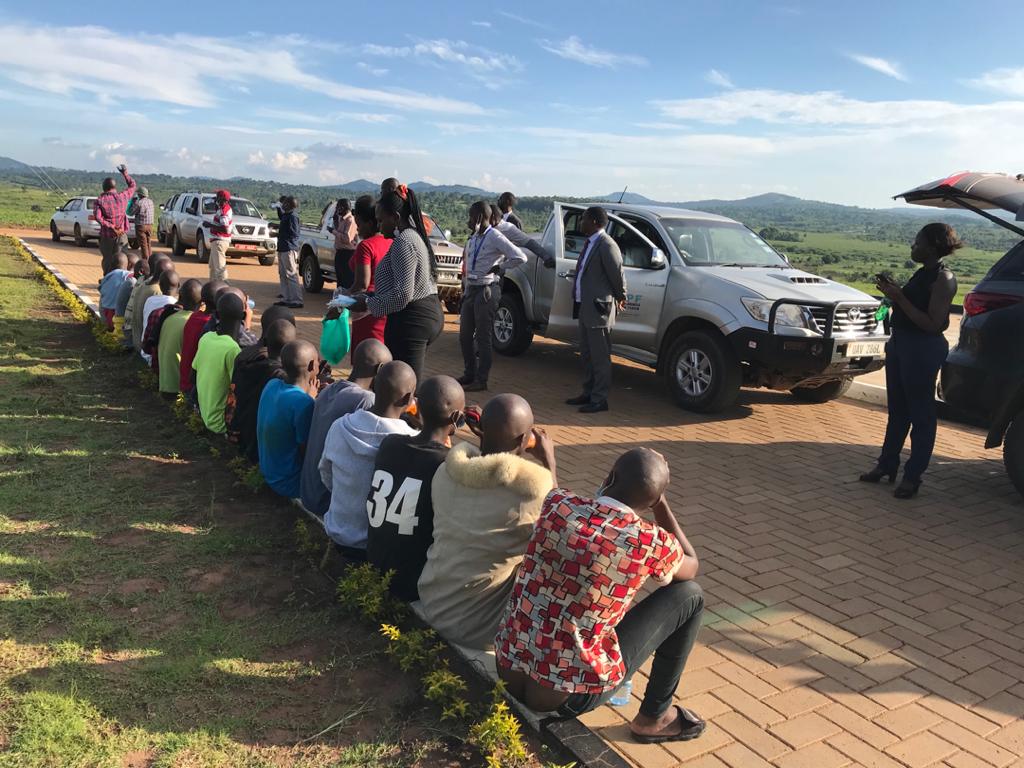Five homeless shelters welcome LGBTQ Ugandans
Colin Stewart is a 45-year journalism veteran. He is the…
LGBTQ rights activists have opened a total of five shelters to house homeless LGBTQ persons in Uganda.

By Joto La Jiwe
The prominent LGBTQ umbrella coalition Sexual Minorities Uganda (SMUG),, coordinates the safe houses through the Uganda Minority Shelters Consortium.
In a statement issued by SMUG on 15th October, Executive Director Frank Mugisha stated that as of 1st October, a total of 62 LGBTQ people were living in the shelters. They are run by Let’s Walk Uganda (housing 7 people), Kuchu Shiners Uganda (27), Rella Rights for Her Women Foundation (12), Children of the Sun (8) and Happy Family Youth Uganda (8).
“The primary goal is to ensure all homeless LGBTQ persons who walk through the shelter’s doors find secure housing, safety and protection, adequate healthcare, opportunities for education, employment and a loving community where they can belong without living in fear,” Mugisha stated.
The Shelters Consortium was formed to coordinate the shelters, guided by principles of harm reduction, livelihood, development, and empowerment, he said.
“We recognize that guiding homeless LGBTQ persons towards stability and maintaining an accessible support system is crucial if we are going to foster an environment where LGBT Ugandans can thrive and successfully transition to self-sufficiency,” Mugisha said.
In Uganda today, hundreds of LGBTQ persons have no place to call home. Many are kicked out of their homes by homophobic and transphobic families, are forced to flee conservative communities/families, or are evicted due to stigma, violence and discrimination.
This prejudice is encouraged by provisions of the Uganda penal code that criminalize homosexuality.
Many Ugandan LGBTQ persons experience bullying, arrests, sexual assault, trauma, high HIV infection rates and mental health issues. Often they send up with no alternative but to live in insecure and inhabitable places.
The shelters are therefore seen as the best way to address the homelessness issues within the LGBTQ community in Uganda.
The consortium is working on developing clear goals and objectives for long-term management of the shelters.

The following are the main aims of the Shelters Consortium:
- To coordinate and address the information gap regarding the shelters’ management. A data document/sheet has been created with information on the shelters that will be cumulatively be updated regularly to enable smooth operation of the consortium’s operations.
- To increase self-sufficiency of LGBTQ+ homeless persons by enabling them to transition from different shelter systems to stable and responsible livelihoods.
- To create and run short-term and long-term residential support, case management, educational services, life skills training, community-building recreational activities, opportunities for self-expression, and programs on HIV support and care, mitigation of security risks and security training and monitoring.
Currently, the Consortium is hosted by SMUG and co-coordinated by John Grace from Let’s Walk Uganda and Winfred Mugambwa from Della Women Foundation, in liaison with Diane Sydney from SMUG.
In addition to providing free accommodation, security, food and health-care services (mental and physical), the consortium’s shelters will also help residents to launch income-generating activities to fasten their path to independence.
Joto La Jiwe, the author of this article, is a Ugandan correspondent for the African Human Rights Media Network and a member of the Uganda Health and Science Press Association. He writes under a pseudonym.





Thank u for this article. I have 3 dear young ‘gay sons’ Who were imprisoned & then sneaked out to Kenya. They have limited if any resources Could someone please forward me some assistance or resources, please?
If they are gay refugees in Kenya, they are among a large number of LGBT refuges there who are in a bad way. Perhaps Melanie Nathan at the African Human Rights Coalition can outline their options for you. The AHRC does a lot of good work there. (https://www.africanhrc.org/contact)